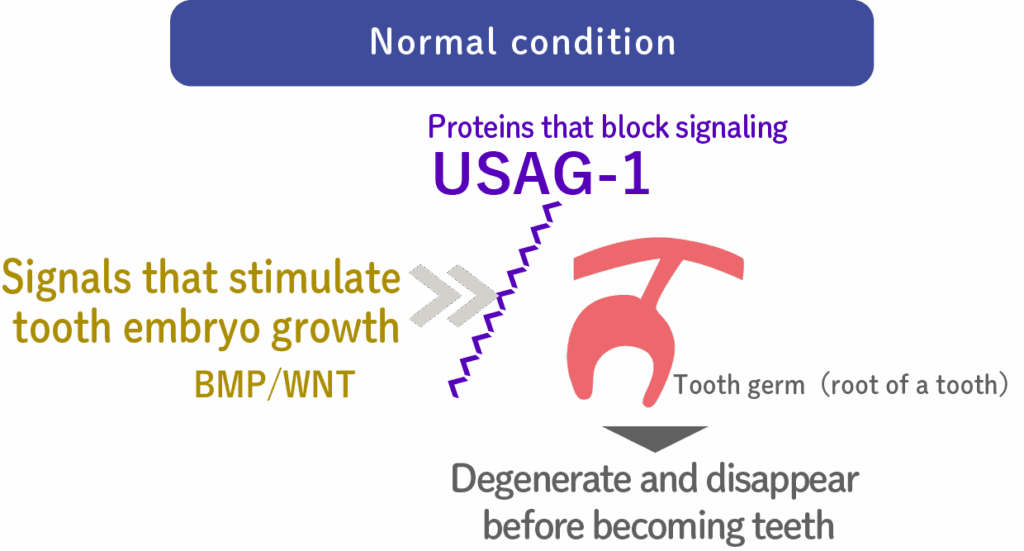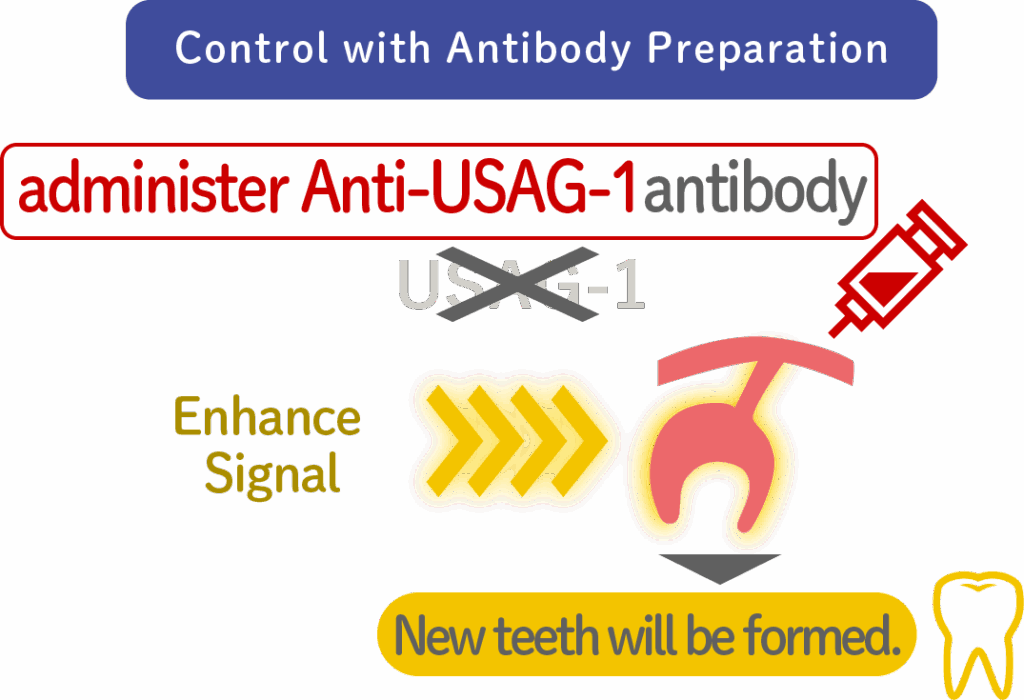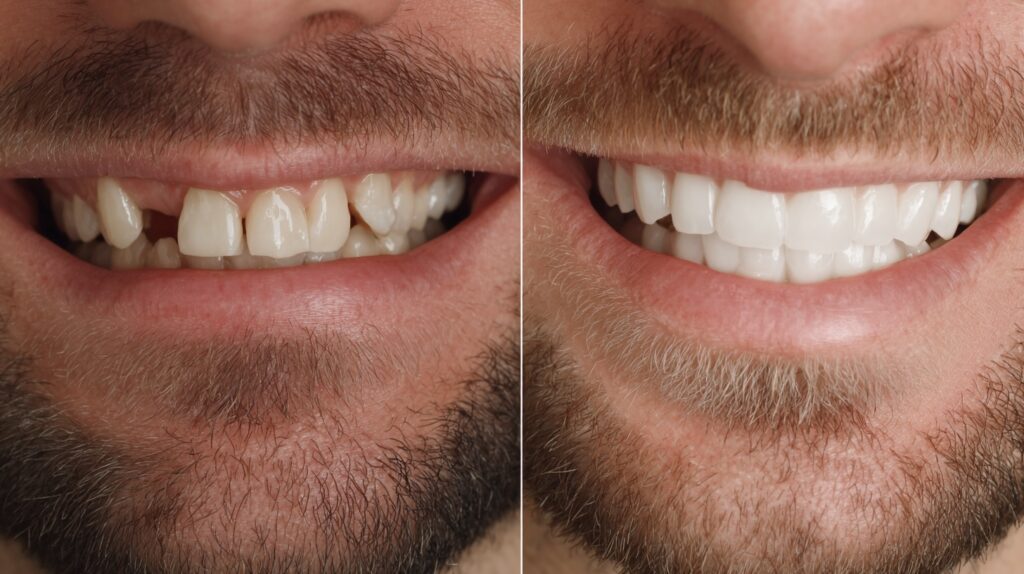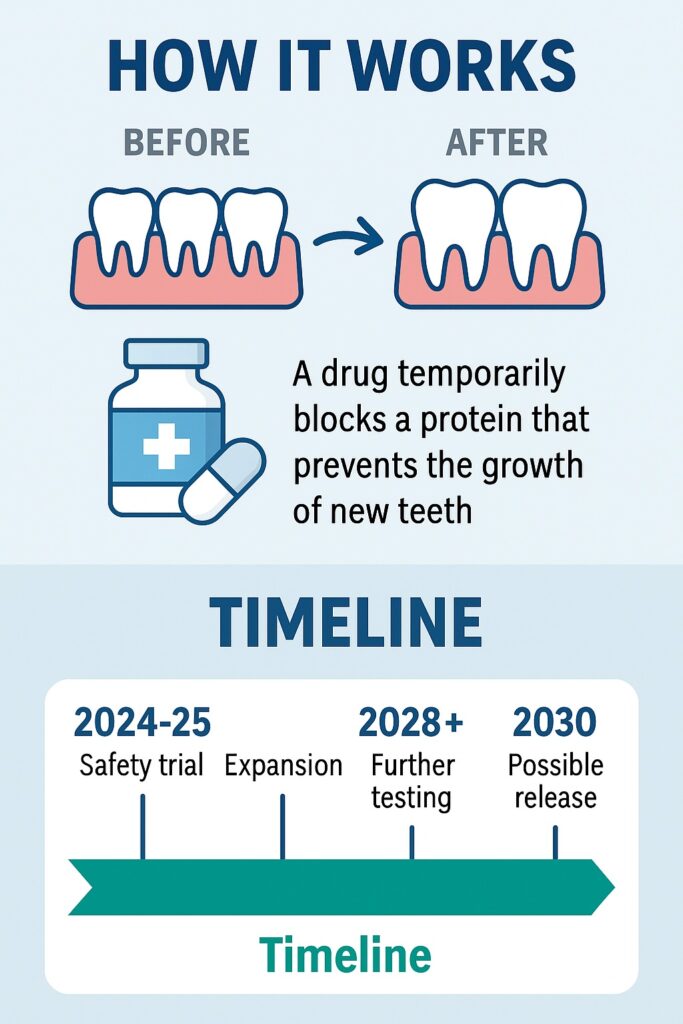Japan Develops Drug That Could Regrow Human Teeth
Imagine losing a tooth and not needing a denture, bridge, or implant to replace it: just growing a brand-new one, as naturally as when you were a child. For generations, that idea has sounded like science fiction.
Now, scientists in Japan say it could soon be science fact. Researchers have developed a medicine designed to help humans regrow teeth: a breakthrough that could change the way we treat tooth loss forever.
The first human trials are already underway, and if successful, this discovery may mark the beginning of the end for dentures and implants.

The Breakthrough Moment
The breakthrough comes from a team at Kyoto University Hospital in collaboration with the biotech company Toregem Biopharma. After years of research in the lab, they have launched the world’s first human trials of a drug designed to regrow teeth.
The idea is rooted in something surprising: humans actually carry the genetic blueprint for a “third set” of teeth. Most people only grow two sets in their lifetime, baby teeth and adult teeth; but scientists discovered that the body holds the potential for more. The challenge has always been figuring out how to “switch on” that natural process.
This new medicine may be the key. By blocking a specific protein that normally stops extra teeth from forming, the treatment has already shown success in animal studies. Mice and ferrets given the drug were able to sprout brand-new teeth. Now, researchers are testing whether it can safely do the same in people.

The first trial participants are adults with a rare condition called congenital tooth agenesis, meaning they were born missing one or more of their permanent teeth. If the treatment works safely in this group, the researchers plan to expand the trials to older adults who have lost teeth later in life due to gum disease or injury.
It’s a cautious step forward, but also a historic one. As Dr. Katsu Takahashi, who leads the dentistry and oral surgery department at Kyoto University Hospital, put it: “The idea of growing new teeth is every dentist’s dream.”
How It Works
At the heart of this new treatment is a tiny protein with a big job. The protein is called USAG-1, and its role is to stop the body from producing too many teeth. Think of it as a biological “brake pedal.” Once your adult teeth come in, USAG-1 makes sure no more grow.

The Japanese team discovered that if you temporarily block this protein, the body’s natural ability to produce new teeth switches back on. In early experiments with mice and ferrets, animals that had been missing teeth began to grow brand-new ones, fully formed and functional.
The drug being tested now is designed to do exactly that in humans: press pause on USAG-1, lift the brake, and let the body grow a replacement tooth.

So far, the treatment appears to be safe in animal studies, and researchers are moving carefully as they begin to test it in people. If successful, it could mean that losing a tooth no longer has to be permanent.
Who Could Benefit?
For some, this medicine could be life-changing from the very beginning. Children born with congenital conditions that leave them missing teeth may finally have a way to grow the ones nature left out.
But the potential goes far beyond childhood. Millions of adults lose teeth every year due to gum disease, decay, or accidents. For older generations in particular, dentures and implants have long been the only solution. While these treatments restore function, they can be uncomfortable, expensive, and never quite feel like the real thing.
This drug could change all of that. Imagine a senior who has struggled with dentures for years suddenly being able to chew comfortably again on a tooth that grew naturally, in their own jaw. Or someone who lost teeth decades ago finally smiling with confidence, no implants required.
If clinical trials succeed, this medicine could bring back something most people thought was gone forever: their natural smile.

Expert Perspective
For the scientists leading this work, the discovery feels like the realization of a dream. Dr. Katsu Takahashi, head of dentistry and oral surgery at Kyoto University Hospital, has been researching tooth regeneration for decades. “The idea of growing new teeth is every dentist’s dream,” he explained.
That dream is inching closer to reality. Takahashi and his team first proved the concept in animals, showing that the drug could regrow fully functional teeth in mice and ferrets. Now, with the start of human trials, they are cautiously optimistic.
“We want to do something to help those who are suffering from tooth loss,” Takahashi told reporters. He emphasized that this is the world’s first attempt to bring a tooth-regrowth medicine into human clinical trials.
Experts outside the project have also described it as a potential game-changer, though they stress that it will take years of testing before the treatment could reach dentists’ offices.
Timeline & Next Steps
The clinical trial now underway in Japan is expected to continue through 2025. The first stage is focused on safety—making sure the drug works without harmful side effects. If successful, researchers will expand the testing to include more people and a wider range of patients.
The goal is ambitious but clear. Toregem Biopharma, the company developing the medicine, has said it hopes to make the drug available to the public by the early 2030s. That may sound far off, but in medical research, a decade is considered remarkably fast.

Between now and then, the team plans to refine the treatment, monitor long-term results, and work toward international approval. Each step must be careful and precise, but the momentum is strong.
For patients who have lived with dentures, implants, or the gap of a missing tooth, the idea that a real replacement could be less than 10 years away is nothing short of extraordinary.
Why It Matters
Tooth loss is one of the most common health challenges worldwide. For older adults especially, it can mean more than just a gap in a smile. Missing teeth make it harder to chew and enjoy favorite foods. They can change speech, alter facial structure, and chip away at confidence.
Dentures and implants help, but they come with compromises: sore gums, regular adjustments, high costs, and the feeling that something “isn’t quite natural.” That’s why the promise of regrowing teeth is so powerful. A replacement tooth grown in your own mouth wouldn’t just look real, it would be real. Stronger, more comfortable, and truly part of you.
For many, the emotional impact may be just as meaningful. Smiling without self-consciousness. Eating corn on the cob or a crisp apple without worry. Knowing that losing teeth doesn’t have to be permanent.

A Smile Into the Future
For centuries, losing teeth was simply part of growing older. Dentures and, later, implants offered solutions, but they never felt quite the same as the real thing. Now, for the first time in history, science is pointing toward something better: the chance to grow new teeth, naturally.
It won’t happen overnight. The medicine is still in trials, and there are hurdles ahead before it reaches dentists’ offices. But the progress already made has turned a once-impossible dream into a tangible goal.
For anyone who’s ever pressed a tongue against the empty space of a lost tooth and wished it back, this breakthrough offers more than hope—it offers a glimpse of a future where no smile has to stay incomplete.

